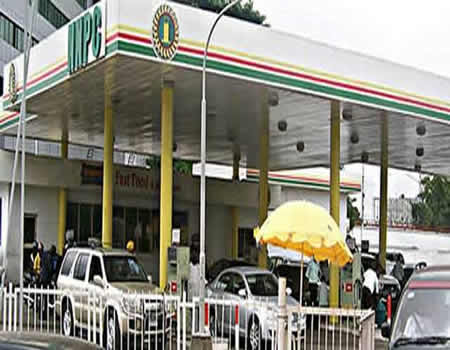President ACCI, Mr Tony Ejinkeonye, in a statement on Friday in Abuja, said that the proposal would cause untold hardship to the citizens, if implemented.
Ejinkeoyen quoted a media report that a Senate Committee had recommended fuel levy of N5 chargeable per litre on any volume of petrol and diesel products in Nigeria to fund road projects in the country.
According to the report, other sources of revenue for the Road Fund include: International Vehicle Transit Charges and Road Funds Surcharge of 0.5 per cent tax on the assessed value of any vehicle imported into the country, among others.
According to him, the bill is one of the 11 high priority economic recovery bills recommended to the National Assembly for passage by the National Assembly Business Environment Roundtable.
However, he noted that budgetary allocations were not enough to fund road infrastructure in the country while several federal roads across the country were in very bad shape.
He said: “This levy should not be imposed now as Nigerians are already encumbered with lots of burden.”
“This levy, if imposed, will worsen the plight of the masses because fuel plays a vital role in the life of an average Nigerian.”
“Thus, any increase in the price of fuel which the levy will create, will have adverse implications on all other sectors of national life.”
“It will lead to sharp increase in cost of transportation, food and other services that depend on fuel for running.”
“And its multiplier effect would have grave implication for the economy and worsen the inflation rate.”
He said that the fuel levy no doubt would be exploitative and burdensome; therefore, government should spare the citizens the suffering that this fuel levy would impose.
He advised the government to look at other ways of saving money for roads infrastructure such as the reduction of corruption as well as cut in the cost of running governance.
He said that the legal principle was that ‘the power to tax involves the power to destroy’.
“So, whether called a charge, levy, dues, toll, tax, or whatever, any attempt at imposition of a financial burden on the people must be backed by law properly made.”
“Parliamentary resolution or recommendation would not do. Attempts in the past to impose such levies failed for not being backed by law,” he said.
Source: NAN
WATCH TOP VIDEOS FROM NIGERIAN TRIBUNE TV
- Let’s Talk About SELF-AWARENESS
- Is Your Confidence Mistaken for Pride? Let’s talk about it
- Is Etiquette About Perfection…Or Just Not Being Rude?
- Top Psychologist Reveal 3 Signs You’re Struggling With Imposter Syndrome
- Do You Pick Up Work-Related Calls at Midnight or Never? Let’s Talk About Boundaries






